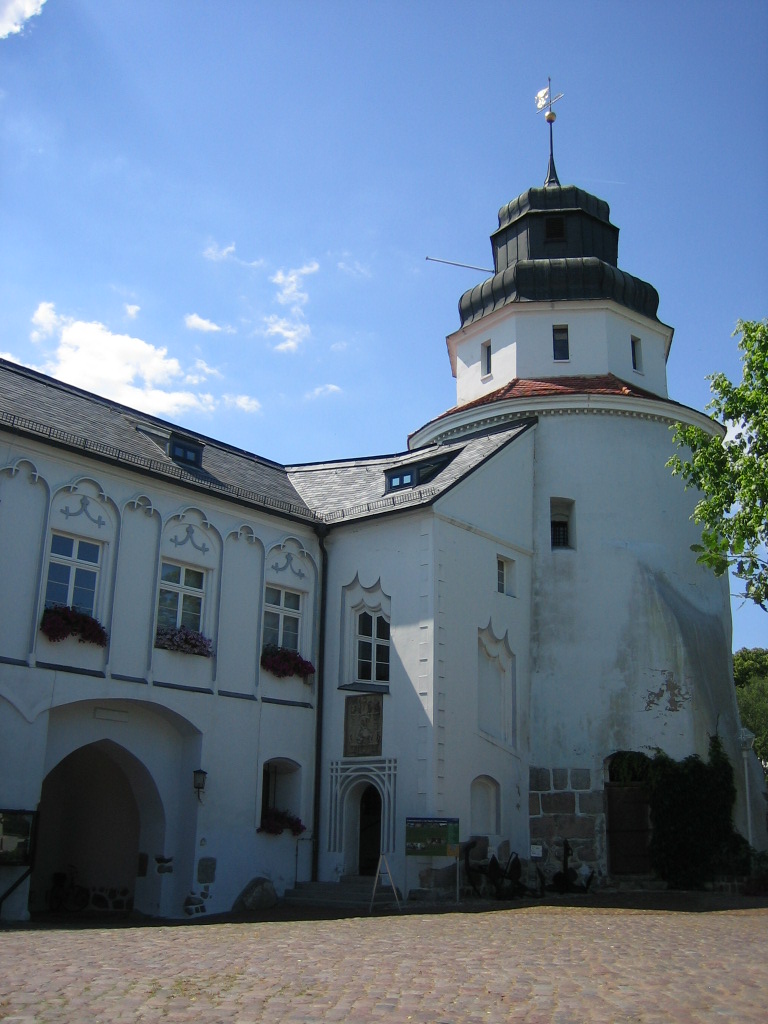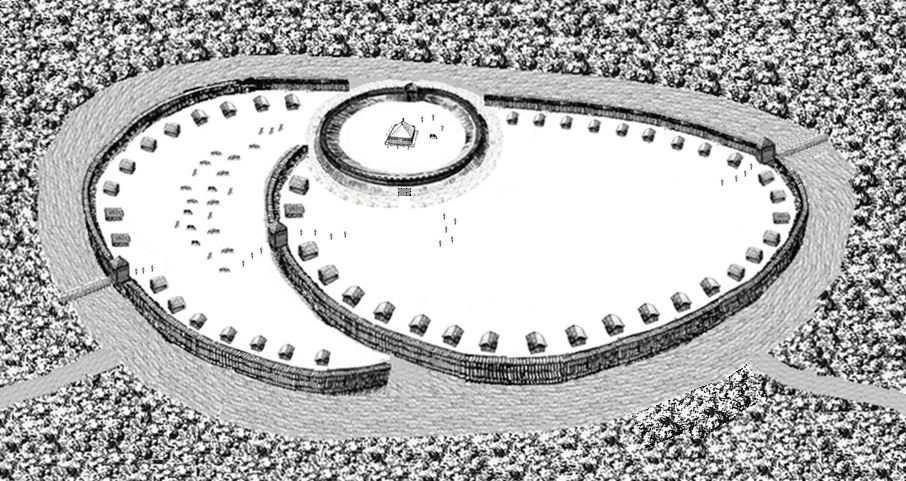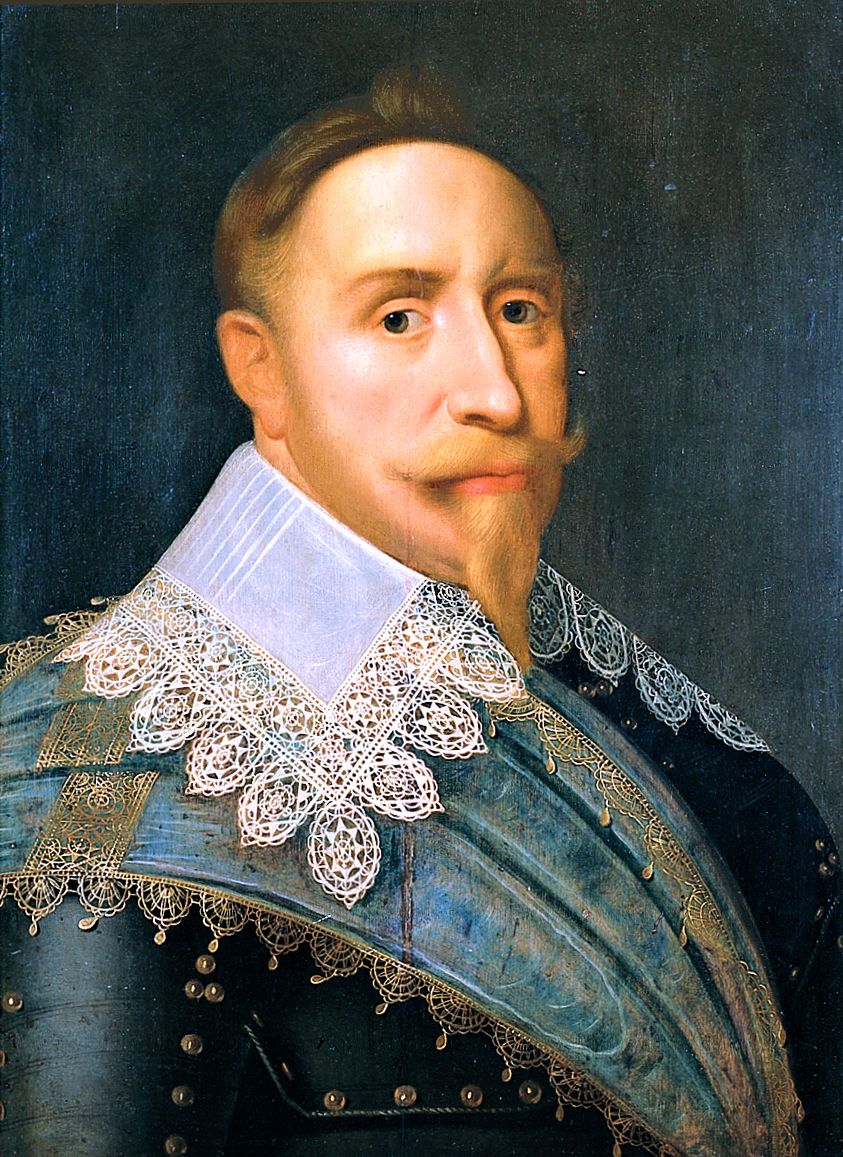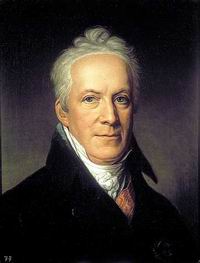|
Torgelow
Torgelow () is a municipality in the Vorpommern-Greifswald district, in Mecklenburg-Western Pomerania in north-eastern Germany. It is situated on the river Uecker, 12 km south of Ueckermünde, and 41 km northwest of Szczecin, Poland. Torgelow was ranked a city on 4 May 1945. History The town was originally founded by Polabians. From 1648 to 1720, Torgelow was part of Swedish Pomerania. From 1720 to 1945, it was part of the Prussian Province of Pomerania, from 1945 to 1952 of the State of Mecklenburg-Vorpommern, from 1952 to 1990 of the Bezirk Neubrandenburg of East Germany East Germany, officially known as the German Democratic Republic (GDR), was a country in Central Europe from Foundation of East Germany, its formation on 7 October 1949 until German reunification, its reunification with West Germany (FRG) on ... and since 1990 again of Mecklenburg-Vorpommern. References Vorpommern-Greifswald Populated places established in the 1270s Swedish Pom ... [...More Info...] [...Related Items...] OR: [Wikipedia] [Google] [Baidu] |
Uecker
The Uecker () or Ucker () is a river in the northeastern German states of Brandenburg, where it is known as the ''Ucker'', and of Mecklenburg-Vorpommern. It flows northward from Uckermark to the Szczecin Lagoon. Path Its source lies in the Uckermark district, one kilometer north of Ringenwalde. It flows northward through several lakes. The first one is Großer Krinertsee. The next ones are rather small. Then there are two large lakes, Lake Oberuckersee and Lake Unteruckersee, joined by the navigable section of the river, called , with the smaller Lake Möllensee in between. The island within Oberuckersee was the residence of a Slavic ruler in the 10th century, and connected to the coast of the lake by a long wooden bridge. On the northern end of Unteruckersee the city of Prenzlau is situated, nowadays the district capital of Uckermark. In Middle Ages, it was granted urban rights by the Pomeranian Griffins earlier than Szczecin in 1234, shortly before they lost the Ucke ... [...More Info...] [...Related Items...] OR: [Wikipedia] [Google] [Baidu] |
Ueckermünde
Ueckermünde () is a seaport town in northeast Germany, located in the district of Vorpommern-Greifswald, Pomerania, Western Pomerania, near Germany's border with Poland's Police County. Ueckermünde has a long and varied history, going back to its founding by Slavic peoples, Slavs, the Ukrani, mentioned in 934 by Widukind of Corvey. The name Ucramund appears in documents from 1178. Since May 1, 2013 Ueckermünde has been an officially recognized seaside resort. History Name The name Ueckermünde translates into "mouth of the Uecker". The Uecker River flows from Brandenburg, where it is called Ucker, into the Oder Lagoon. The river's name corresponds to the name of the adjacent region (Uckermark) and the name of the medieval Wends, Wendish tribe of the Ukrani, Ukr(an)i who inhabited the area prior to the German Ostsiedlung or eastern expansion. The first known reference to Ucramund is in an 1178 document. Later spellings included Ukeremund, Ukeremunde and Ukermunde (1 ... [...More Info...] [...Related Items...] OR: [Wikipedia] [Google] [Baidu] |
Vorpommern-Greifswald
Vorpommern-Greifswald is a district in the east of Mecklenburg-Vorpommern, Germany. It is bounded by (from the west and clockwise) the districts of Mecklenburgische Seenplatte and Vorpommern-Rügen, the Baltic Sea, Poland (West Pomeranian Voivodeship West Pomeranian Voivodeship is a Voivodeships of Poland, voivodeship (province) in northwestern Poland. Its capital and largest city is Szczecin. Its area equals , and in 2021, it was inhabited by 1,682,003 people. It was established on 1 Janua ...) and the state of Brandenburg. The district seat is the University and Hanseatic City of Greifswald. A lake called Berliner See is found in the district. History Vorpommern-Greifswald District was established by merging the former districts of Ostvorpommern and Uecker-Randow; along with the subdivisions of Jarmen-Tutow and Peenetal/Loitz (from the former district of Demmin), and the former district-free town Greifswald, as part of the local government reform of September ... [...More Info...] [...Related Items...] OR: [Wikipedia] [Google] [Baidu] |
Municipalities Of Germany
MunicipalitiesCountry Compendium. A companion to the English Style Guide European Commission, May 2021, pages 58–59. (, ; singular ) are the lowest level of official territorial division in . This can be the second, third, fourth or fifth level of territorial division, depending on the status of the municipality and the '''' (federal state) it is part of. The city-states Berlin, Brem ... [...More Info...] [...Related Items...] OR: [Wikipedia] [Google] [Baidu] |
Mecklenburg-Western Pomerania
Mecklenburg-Vorpommern (MV; ; ), also known by its anglicized name Mecklenburg–Western Pomerania, is a state in the north-east of Germany. Of the country's sixteen states, Mecklenburg-Vorpommern ranks 14th in population; it covers an area of , making it the sixth largest German state in area; and it is 16th in population density. Schwerin is the state capital and Rostock is the largest city. Other major cities include Neubrandenburg, Stralsund, Greifswald, Wismar, and Güstrow. It was named after the two regions of Mecklenburg and Western Pomerania (German: Vorpommern). The state was established in 1945 after World War II through the merger of the historic regions of Mecklenburg and Prussian Western Pomerania by the Soviet military administration in Allied-occupied Germany. It became part of the German Democratic Republic in 1949, but was dissolved in 1952 during administrative reforms and its territory divided into the districts of Rostock, Schwerin, and Neubran ... [...More Info...] [...Related Items...] OR: [Wikipedia] [Google] [Baidu] |
Germany
Germany, officially the Federal Republic of Germany, is a country in Central Europe. It lies between the Baltic Sea and the North Sea to the north and the Alps to the south. Its sixteen States of Germany, constituent states have a total population of over 84 million in an area of , making it the most populous member state of the European Union. It borders Denmark to the north, Poland and the Czech Republic to the east, Austria and Switzerland to the south, and France, Luxembourg, Belgium, and the Netherlands to the west. The Capital of Germany, nation's capital and List of cities in Germany by population, most populous city is Berlin and its main financial centre is Frankfurt; the largest urban area is the Ruhr. Settlement in the territory of modern Germany began in the Lower Paleolithic, with various tribes inhabiting it from the Neolithic onward, chiefly the Celts. Various Germanic peoples, Germanic tribes have inhabited the northern parts of modern Germany since classical ... [...More Info...] [...Related Items...] OR: [Wikipedia] [Google] [Baidu] |
Szczecin
Szczecin ( , , ; ; ; or ) is the capital city, capital and largest city of the West Pomeranian Voivodeship in northwestern Poland. Located near the Baltic Sea and the Poland-Germany border, German border, it is a major port, seaport, the largest city of northwestern Poland, and seventh-largest city of Poland. the population was 391,566. Szczecin is located on the Oder River, south of the Szczecin Lagoon and the Bay of Pomerania. The city is situated along the southwestern shore of Dąbie Lake, on both sides of the Oder and on several large islands between the western and eastern branches of the river. It is also surrounded by dense forests, shrubland and heaths, chiefly the Ueckermünde Heath, Wkrzańska Heath shared with Germany (Ueckermünde) and the Szczecin Landscape Park. Szczecin is adjacent to the Police, West Pomeranian Voivodeship, town of Police and is the urban centre of the Szczecin agglomeration, an extended metropolitan area that includes communities in the St ... [...More Info...] [...Related Items...] OR: [Wikipedia] [Google] [Baidu] |
Poland
Poland, officially the Republic of Poland, is a country in Central Europe. It extends from the Baltic Sea in the north to the Sudetes and Carpathian Mountains in the south, bordered by Lithuania and Russia to the northeast, Belarus and Ukraine to the east, Slovakia and the Czech Republic to the south, and Germany to the west. The territory has a varied landscape, diverse ecosystems, and a temperate climate. Poland is composed of Voivodeships of Poland, sixteen voivodeships and is the fifth most populous member state of the European Union (EU), with over 38 million people, and the List of European countries by area, fifth largest EU country by area, covering . The capital and List of cities and towns in Poland, largest city is Warsaw; other major cities include Kraków, Wrocław, Łódź, Poznań, and Gdańsk. Prehistory and protohistory of Poland, Prehistoric human activity on Polish soil dates to the Lower Paleolithic, with continuous settlement since the end of the Last Gla ... [...More Info...] [...Related Items...] OR: [Wikipedia] [Google] [Baidu] |
Polabian Slavs
Polabian Slavs, also known as Elbe Slavs and more broadly as Wends, is a collective term applied to a number of Lechites, Lechitic (West Slavs, West Slavic) tribes who lived scattered along the Elbe river in what is today eastern Germany. The approximate territory stretched from the Baltic Sea in the north, the Saale and the ''Limes Saxoniae''Christiansen, 18 in the west, the Ore Mountains and the Western Sudetes in the south, and medieval History of Poland (966–1385), Poland in the east. The Polabian Slavs, largely conquered by Saxons and Danish people, Danes from the 9th century onwards, were included and gradually cultural assimilation, assimilated within the Holy Roman Empire. The tribes became gradually Germanization, Germanized and assimilated in the following centuries; the Sorbs are the only descendants of the Polabian Slavs to have retained their identity and culture. The Polabian language is now extinct. However, the two Sorbian languages are spoken by approximate ... [...More Info...] [...Related Items...] OR: [Wikipedia] [Google] [Baidu] |
Swedish Pomerania
Swedish Pomerania (; ) was a dominions of Sweden, dominion under the Sweden, Swedish Crown from 1630 to 1815 on what is now the Baltic Sea, Baltic coast of Germany and Poland. Following the Polish-Swedish War, Polish War and the Thirty Years' War, Sweden held extensive control over the lands on the southern Baltic coast, including Pomerania and parts of Swedish Livonia, Livonia and Prussia (region), Prussia (''dominium maris baltici''). Sweden, which had been present in Pomerania with a Battle of Stralsund (1628), garrison at Stralsund since 1628, gained effective control of the Duchy of Pomerania with the Treaty of Stettin (1630), Treaty of Stettin in 1630. At the Peace of Westphalia in 1648 and the Treaty of Stettin (1653), Treaty of Stettin in 1653, Sweden received Western Pomerania (German ''Vorpommern''), with the islands of Rügen, Usedom, and Wolin, and a strip of Farther Pomerania (''Hinterpommern''). The peace treaties were negotiated while the Swedish queen Christina of ... [...More Info...] [...Related Items...] OR: [Wikipedia] [Google] [Baidu] |
Prussia
Prussia (; ; Old Prussian: ''Prūsija'') was a Germans, German state centred on the North European Plain that originated from the 1525 secularization of the Prussia (region), Prussian part of the State of the Teutonic Order. For centuries, the House of Hohenzollern ruled Prussia, expanding its size with the Prussian Army. Prussia, with its capital at Königsberg and then, when it became the Kingdom of Prussia in 1701, History of Berlin, Berlin, decisively shaped the history of Germany. Prussia formed the German Empire when it united the German states in 1871. It was ''de facto'' dissolved by 1932 Prussian coup d'état, an emergency decree transferring powers of the Prussian government to German Chancellor Franz von Papen in 1932 and ''de jure'' by Abolition of Prussia, an Allied decree in 1947. The name ''Prussia'' derives from the Old Prussians who were conquered by the Teutonic Knightsan organized Catholic medieval Military order (religious society), military order of Pru ... [...More Info...] [...Related Items...] OR: [Wikipedia] [Google] [Baidu] |
Province Of Pomerania (1815–1945)
The Province of Pomerania (; ) was a Provinces of Prussia, province of Prussia from 1815 to 1945. Pomerania was established as a province of the Kingdom of Prussia in 1815, an expansion of the older Brandenburg-Prussia province of Province of Pomerania (1653–1815), Pomerania, and then became part of the German Empire in 1871. From 1918, Pomerania was a province of the Free State of Prussia until it was dissolved following World War II by decree of the Allied Control Council with the de jure abolition of Prussia on 25 February 1947, and its territory divided between Poland and Allied-occupied Germany. The city of Stettin (present-day Szczecin, Poland) was the provincial capital. Etymology The name ''Pomerania'' comes from Slavic languages, Slavic , which means "Land at the Sea". Overview The province was created from the Province of Pomerania (1653–1815), former Prussian Province of Pomerania, which consisted of Farther Pomerania and the southern Western Pomerania, and forme ... [...More Info...] [...Related Items...] OR: [Wikipedia] [Google] [Baidu] |





